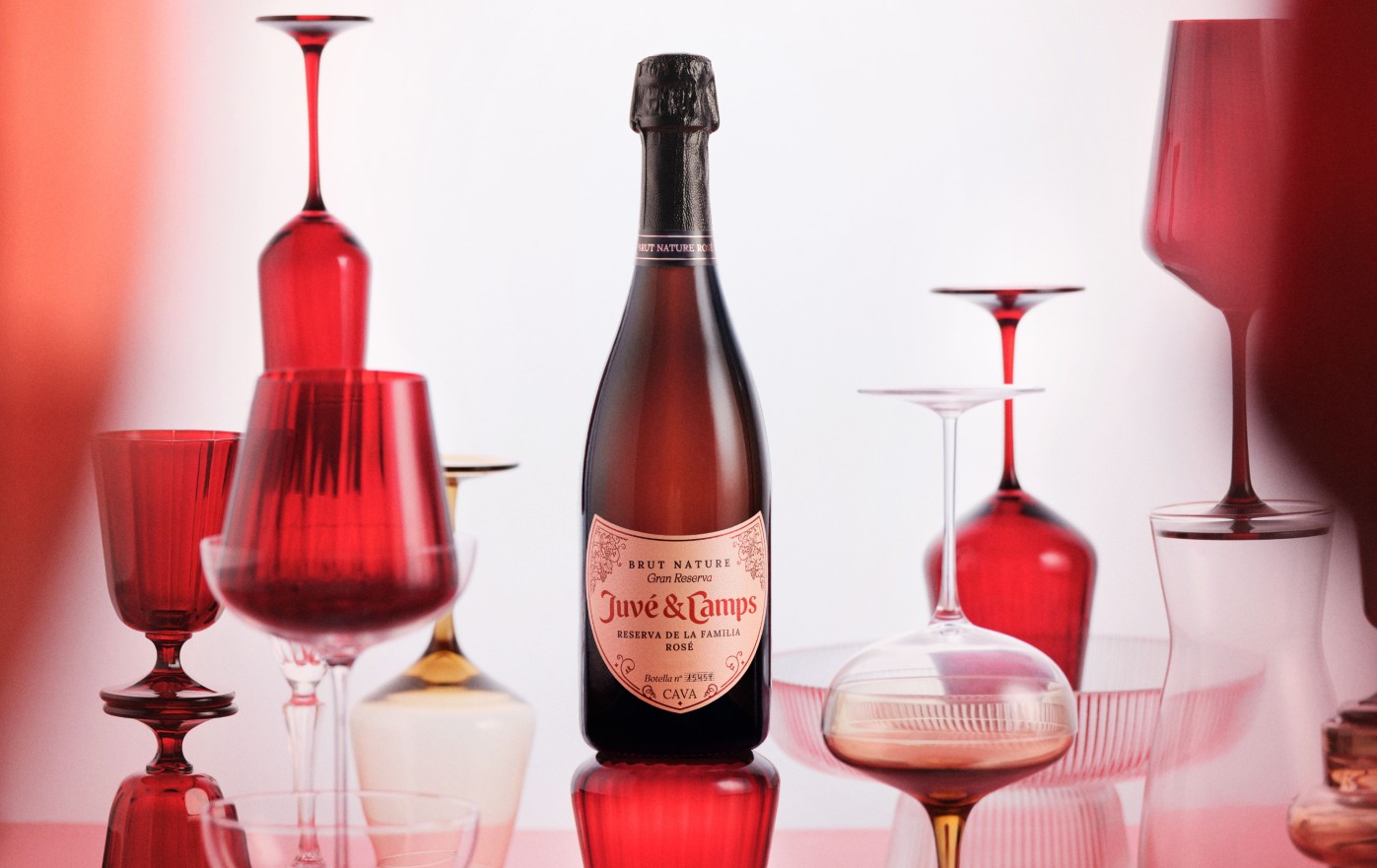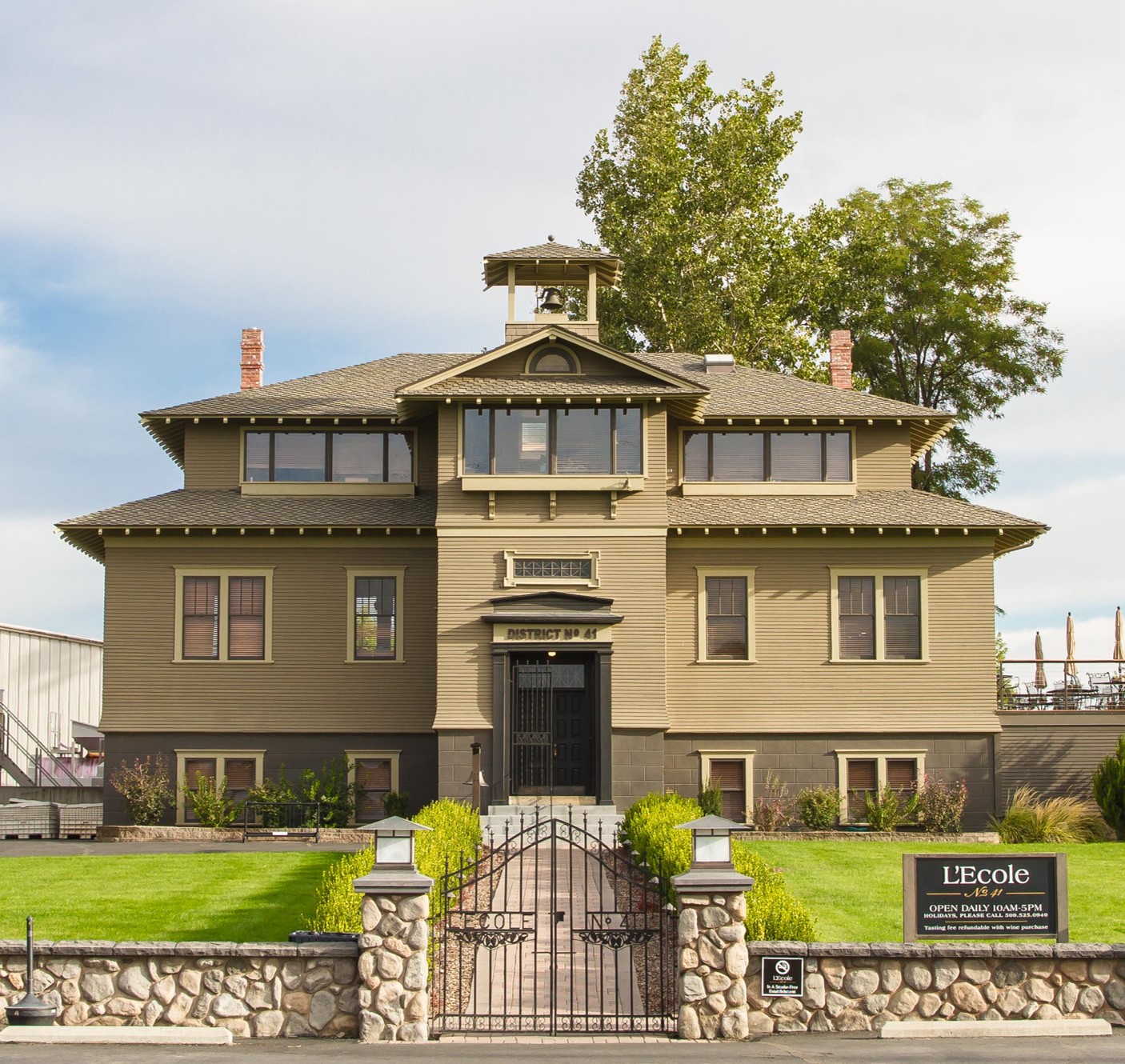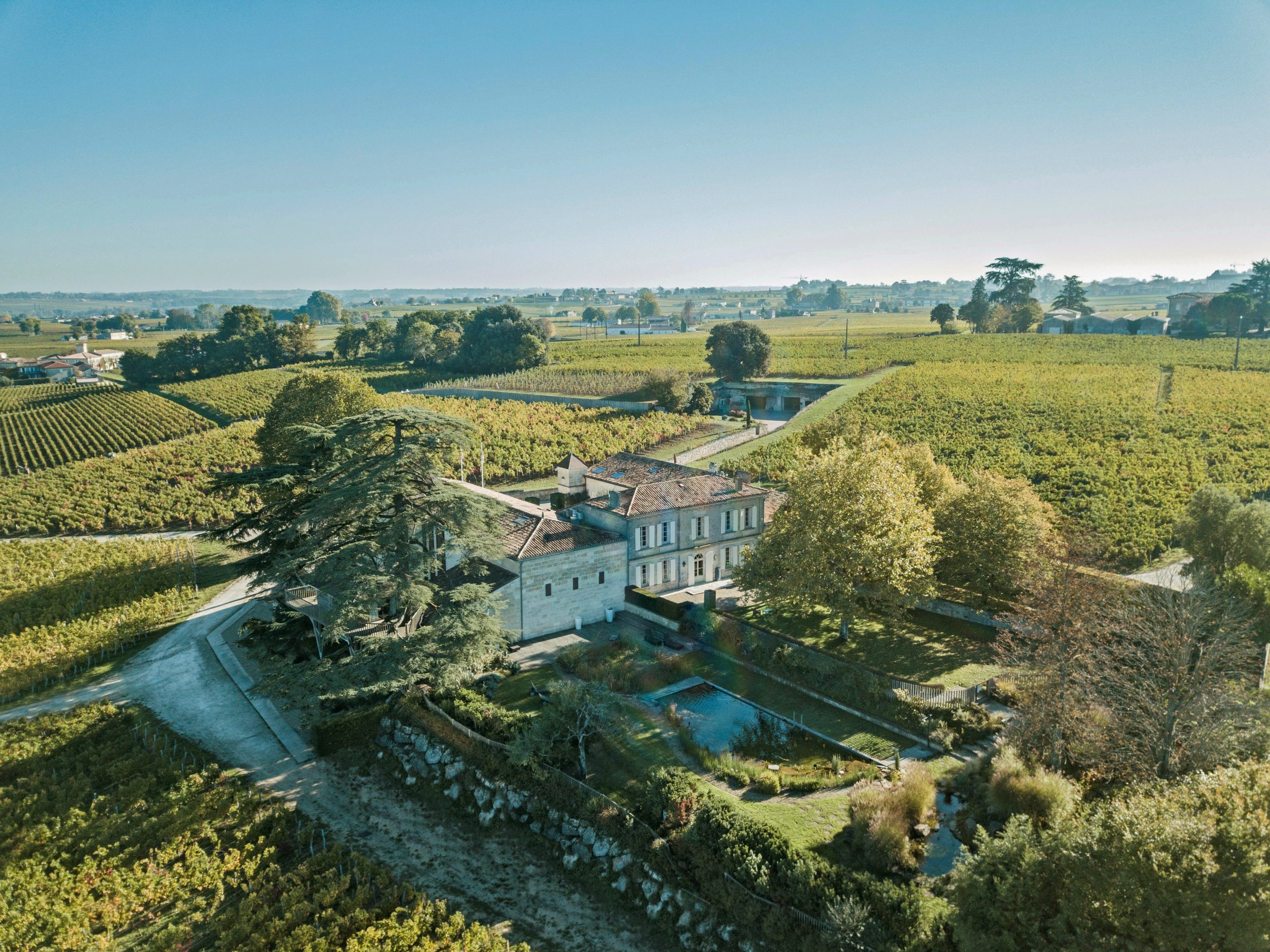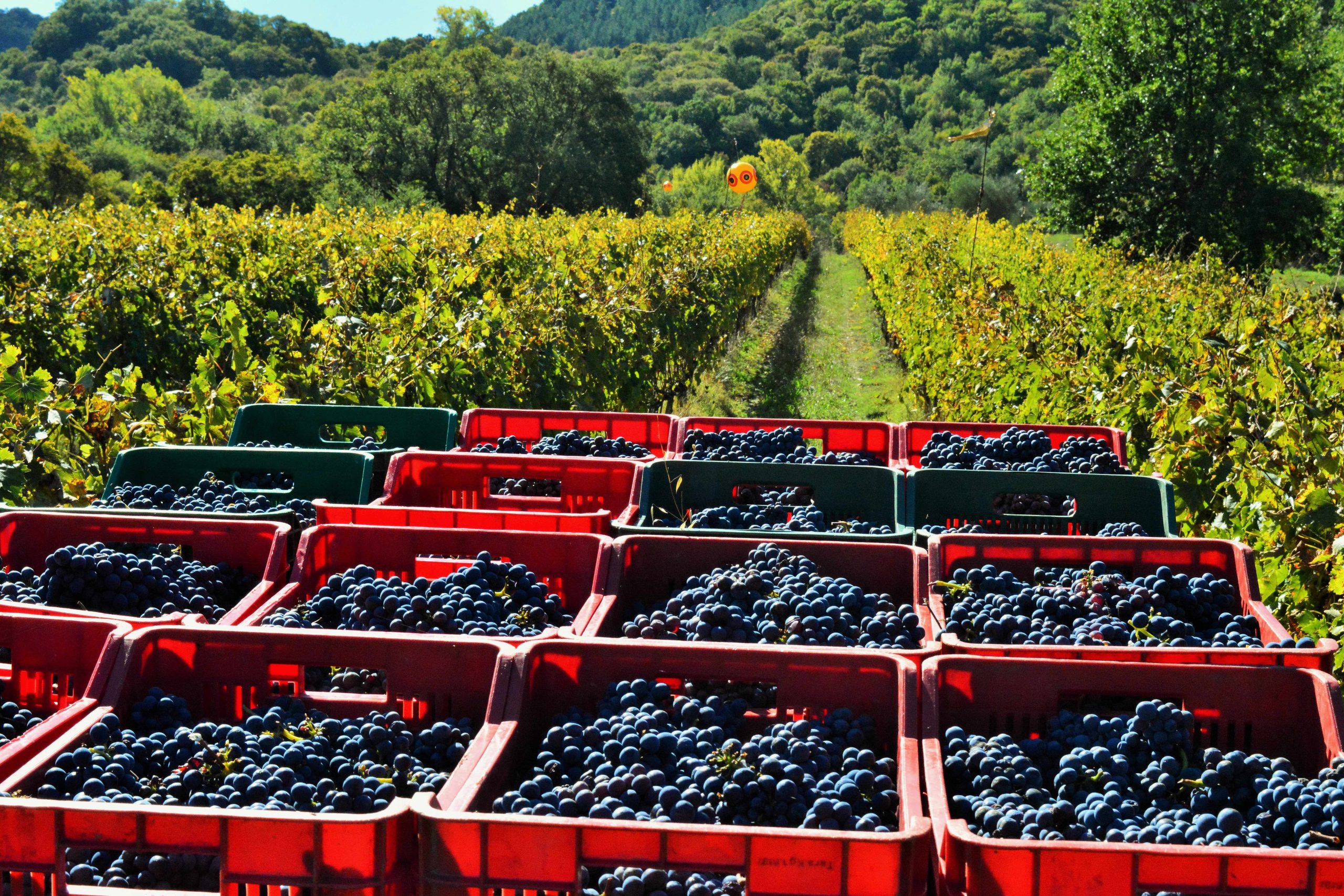Champagne slowdown blamed on Eurozone
With Champagne reporting a 6.5% decline in shipments for the first half of 2012, a report has called on producers to reduce their reliance on European markets.
Arguing that it could take until 2015 for the global Champagne market to rebound as a result of Europe’s ongoing economic depression, Steve Charters, director of the chair in Champagne management at Reims Management School, claimed that the region’s long-term prospects would depend on its ability to adapt accordingly.
“Champagne makers know they must diversify their exports, which explains the development of emerging economy markets,” he remarked, adding: “But not all Champagne makers are able to diversify enough and a number of them will have to find a way to improve their European sales.
Recent Euromonitor analysis examined this conundrum facing Champagne producers, highlighting the fact that, despite growing demand from countries such as Nigeria, many Champenois continue to direct their marketing focus towards conspicuous consumption in Europe.
With so many producers fighting for share within economically stagnant European countries – the report notes that 80% of shipments in 2012 were within the Eurozone – Charters warned: “the image of Champagne tends to deteriorate gradually in these markets while other sparkling wines are upsold.
“In the long term, we could very well imagine the emergence of a competitor, one that would necessitate the Champagne industry to change the way it operates.”
This view echoes a report by Mintel, released earlier this year, which suggested that 2012 was likely to see sparkling wine sales overtake Champagne in the UK for the first time.
However, at the top end of the UK market, there were signs of growth, with fine wine merchant Bordeaux Index announcing that a steady release of high profile vintage offerings was helping it achieve record Champagne sales this year.
Partner Content
In support of his more downbeat overall assessment, Charters drew a direct link between Champagne’s performance and the economic climate, saying: “Sales of Champagne can be directly measured against changes in consumption and they are currently reflected by the economic crisis in the Eurozone.”
As a result, he speculated on the timescale for a European recovery and its likely impact on Champagne exports, offering the cautious prediction that “considering what we have seen in 2012, it is unlikely that Europe will see any growth in 2013. In line with this slow bounce back, Charters warned that full year results for Champagne shipments could reveal “an even more difficult year than 2011.”
“The Champagne market will not recover before 2014 or 2015. Looking back, the poor sales of 2012 are far from over and even suggest the figures resembling those of 1991,” he observed.
However, the Champagne Bureau balanced this gloomy outlook with a more positive picture of the region’s international performance and prospects. “While Champagne shipments for the first half of 2012 closed within a whisker of the volume for 2011, we expect Champagne to be up in terms of value growth,” remarked Françoise Peretti, UK director of the CIVC.
She also warned against reading too much into first half results, given the seasonal nature of the Champagne trade. “With 40% of Champagne sold between October and December, 2012 year-end Champagne shipment figures are expected to remain stable,” Peretti concluded.
A look at markets outside of Europe that will become increasingly important for Champagne will appear in this year’s Trends Report.




